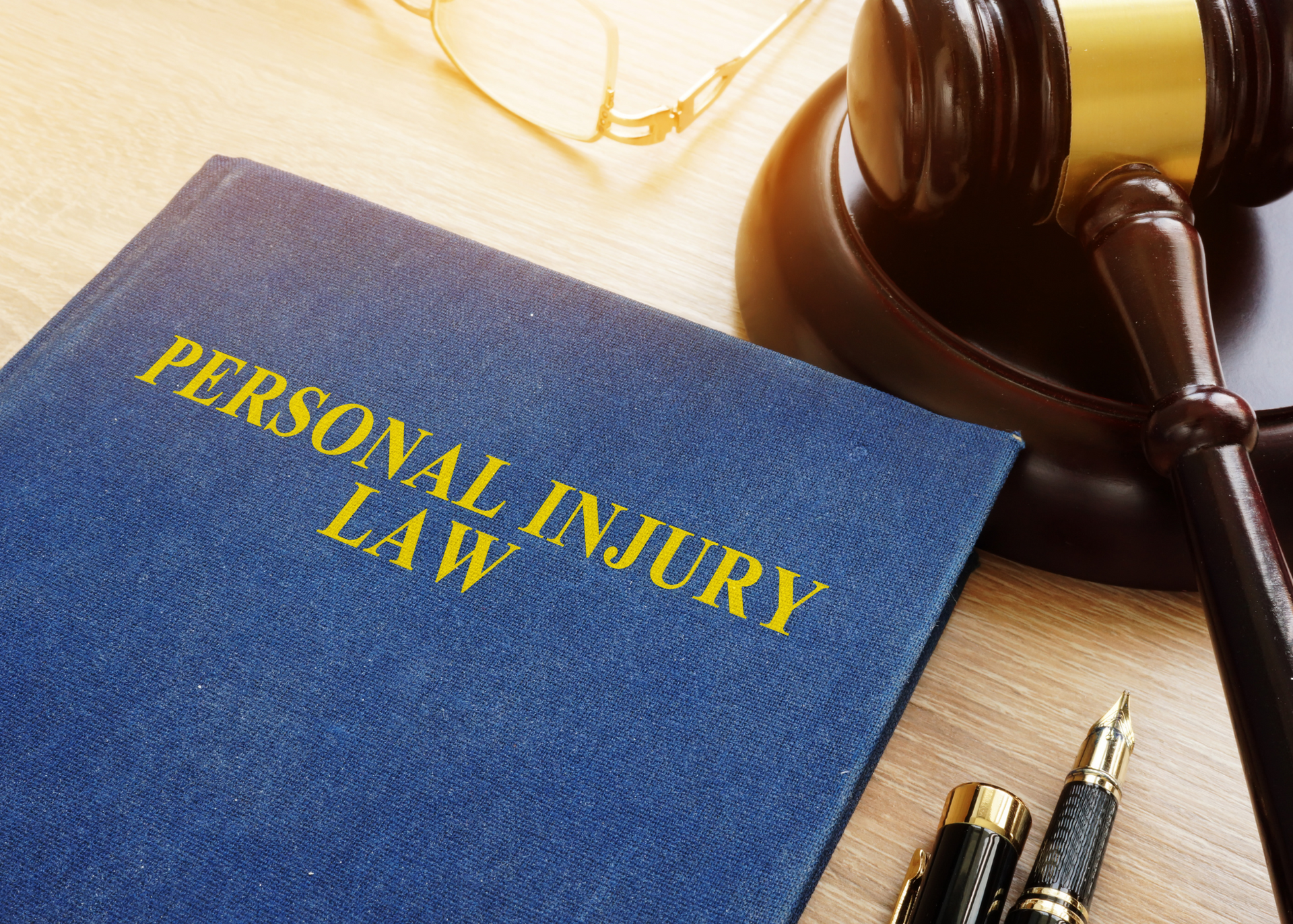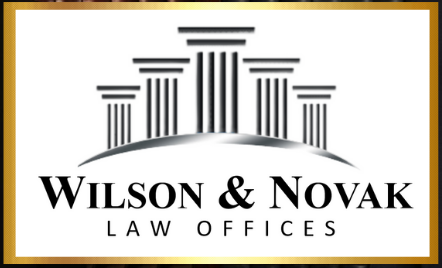Why do I need a personal injury attorney after an accident?
The other guys have seasoned professionals on their side. You need to have someone with the same experience and knowledge to fight for your rights.
We know how the lawyers for the insurance companies operate, because we've been in their shoes. Their main objective is to represent the insurance company and pay out as little as possible for an injury claim.
You need someone who cares about YOUR interest. Someone who knows how to navigate the system of accident and injury claims.
You'll get that knowledge and representation by hiring Wilson & Novak Law Offices to handle your claim.

Taking this on by yourself means the insurance company has the advantage.
Abraham Lincoln said it best: “He who represents himself has a fool for a client.”
If you have a personal injury claim, you are already dealing with injuries and a disruption of your daily life.
Many people believe they can represent themselves after a personal injury, and “save money” by not hiring a lawyer. They believe they can cajole, bully, or even threaten adjusters with lawsuits to get a recovery.
The truth is, anyone representing themselves is over their head, and the insurance companies know it.
Critical Aspects of Personal Injury Litigation
There are many facets to a personal injury claim. Most lawyers are familiar with how to address each and all of these issues, and at the appropriate stage of the lawsuit. The easiest, and most commonly known, is that generally, you have two years to file a claim. The following are some other aspects:
- Preservation of evidence, including notices to others
- Obtaining evidence
- Timely notification of governmental entities;
- Identification of potential “non-parties”
- Comparative fault assessments
- Whether or not to provide recorded statements, and when required
- Notification of centers for Medicare and Medicaid services
- Avoidance of problem medical providers
- Lien issues, including:
- Proportional reduction of liens
- Validity of liens
- Subrogation claims, including statutory reduction of subrogation claims
Most claim representatives with insurance companies are well-trained in their jobs. Many adjusters are college-educated and many more attend training specific to the insurance industry and the claims process. Additionally, the insurance companies have been in business for many decades, and have developed policies and practices on how to best handle claims. Upon the first contact, most adjusters will seem pleasant, eager to help, and sympathetic. The reality is that these adjusters are paid to handle claims favorably to insurance companies and the bottom dollar. And, almost all have been threatened with a suit on claims, which does not move them at all. One such company, who prefer claims to “flow”, will send representatives to your home to attempt to make a settlement and obtain a quick release of all claims. You are outmatched.
Once an insurance company learns of an accident, from their own insured, they will attempt to locate and call claimants. These adjusters claim they will help you through the process, and will even pay what is “fair.” Fair, to an insurance company, is what is fair for them and their bottom dollar! Some claims adjusters will go so far as to claim that “you don’t need to hire a lawyer, we can get this resolved.” This accomplishes two potential goals. The first is to obtain as much information from you as possible. The most effective tool is the recorded statement. The second goal is the desire that you continue to represent yourself, and ultimately, settle your own claim.
There are many facets to a personal injury claim. Most lawyers are familiar with how to address each and all of these issues, and at the appropriate stage of the lawsuit. The easiest, and most commonly known, is that generally, you have two years to file a claim. The following are some other aspects:
- Preservation of evidence, including notices to others
- Obtaining evidence
- Timely notification of governmental entities;
- Identification of potential “non-parties”
- Comparative fault assessments
- Whether or not to provide recorded statements, and when required
- Notification of centers for Medicare and Medicaid services
- Avoidance of problem medical providers
- Lien issues, including:
- Proportional reduction of liens
- Validity of liens
- Subrogation claims, including statutory reduction of subrogation claims

Most claim representatives with insurance companies are well-trained in their jobs. Many adjusters are college-educated and many more attend training specific to the insurance industry and the claims process. Additionally, the insurance companies have been in business for many decades, and have developed policies and practices on how to best handle claims. Upon the first contact, most adjusters will seem pleasant, eager to help, and sympathetic. The reality is that these adjusters are paid to handle claims favorably to insurance companies and the bottom dollar. And, almost all have been threatened with a suit on claims, which does not move them at all. One such company, who prefer claims to “flow”, will send representatives to your home to attempt to make a settlement and obtain a quick release of all claims. You are outmatched.
Once an insurance company learns of an accident, from their own insured, they will attempt to locate and call claimants. These adjusters claim they will help you through the process, and will even pay what is “fair.” Fair, to an insurance company, is what is fair for them and their bottom dollar! Some claims adjusters will go so far as to claim that “you don’t need to hire a lawyer, we can get this resolved.” This accomplishes two potential goals. The first is to obtain as much information from you as possible. The most effective tool is the recorded statement. The second goal is the desire that you continue to represent yourself, and ultimately, settle your own claim.
You need an advocate on your side who understands personal injury law as well as the insurance company does.
That is what we do - we fight aggressively for the compensation you deserve.




